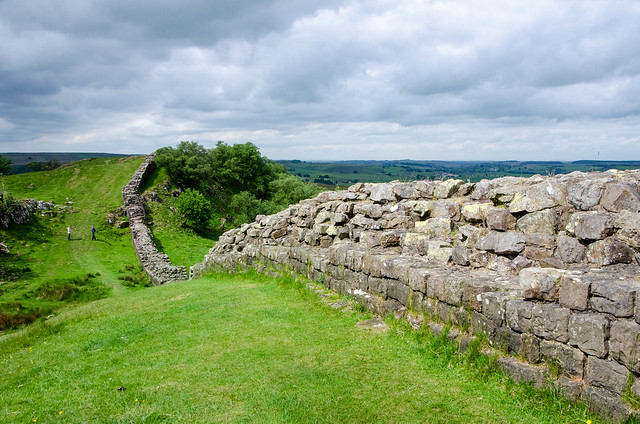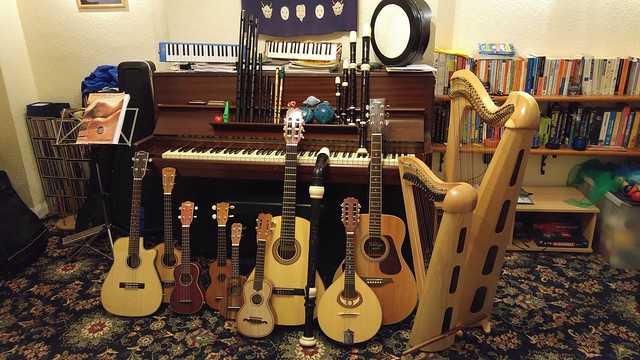Podcast: Play in new window | Download
In today’s Adventure in Etymology we explore the etymology of the word etymology.
Etymology [ˌɛt.ɪˈmɒl.ə.d͡ʒi /ˌɛt.əˈmɑl.ə.d͡ʒi] is:
- the derivation of a word.
- a chronological account of the birth and development of a particular word or element of a word, often delineating its spread from one language to another and its evolving changes in form and meaning.
- the study of historical linguistic change, especially as manifested in individual words.
[source]
It comes from the Middle English ethymologie (the purported true, primordial and innate sense of a term), from the Old French ethimologie (etymology), from the Latin etymologia (etymology) from the Ancient Greek ἐτυμολογία [e.ty.mo.lo.ɡí.aː] (etymology), from ἔτυμος (étumos – real, true) and -λογος (-logos – word, reason, explanation) [source]
You could say that I am an etymologist, that is someone who specializes in etymology, and I like to etymologise, or find the etymologies of words.
Etymologists are also known as historical linguists or philologists, and philology is the study of historical linguistics, and more broadly the love and study of learning and literature. So I am both an etymologist and a philologist.
Here’s a video I made of this information:
Video made with Doodly – an easy-to-use animated video creator [affiliate link].
I also write about words, etymology, and other language-related topics, on the Omniglot Blog, and I explore etymological connections between Celtic languages on the Celtiadur.
You can also listen to this podcast on: Apple Podcasts, Stitcher, TuneIn, Podchaser, PlayerFM or podtail.
If you would like to support this podcast, you can make a donation via PayPal or Patreon, or contribute to Omniglot in other ways.








